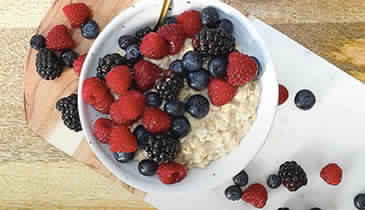 Source: MindBodyGreen
Source: MindBodyGreen
We hear so much about the benefits of the Mediterranean diet. It’s good for our waistlines, it promotes longevity, it can help to clear our skin…and it’s good for our hearts.
But what exactly is it about this type of diet that protects our tickers? We already know that whole grains, healthy fats, fruits, and vegetables are the major players here.
In honor of American Heart month, let’s take a closer look at what all of these foods actually do for our hearts. In a country where the leading cause of death for both men and women is heart disease, it’s never too early to start eating right for your heart!
Fiber
I’m confident that you already know that fiber is “good” for you, but when it comes to heart health, do you know why? In addition to the cholesterol-containing foods we already eat (think poultry, meat, seafood, etc.), our bodies have to ability to endogenously produce cholesterol.
However, if we have too much cholesterol in our blood it can build up in our arteries and cause plaque, which increases our risk for heart disease. Soluble fiber in particular has the ability to bind to cholesterol, which enables us to excrete it, thus lowering our total cholesterol.
Foods that are high in soluble fiber include whole grains like oats, beans, fruits, and vegetables.
For a fiber-filled breakfast, try making plain oats with a tablespoon of nut butter, topped with blueberries and raspberries.
Omega-3 Fats
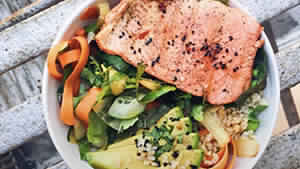
I like to call omega-3s “friendly fats.” These guys may be helpful when it comes to lowering blood pressure. High blood pressure can lead to weakened vasculature, which ultimately increases our risk of strokes and blood clots. Omega-3s are essential fats, meaning our bodies cannot make them and we need to consume them in our diets.
Good sources of these fats include fish like salmon, tuna, mackerel, and sardines and certain nuts and seeds like walnuts, flax seeds, and chia seeds.
Unsaturated fats
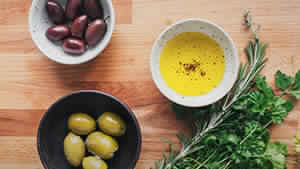
Oils like olive oil, canola oil, peanut oil, and safflower oil can also help to lower our cholesterol, thus reducing risk for heart disease. This doesn’t give us the green light to saturate our meals with oil (no pun intended). Remember, oils are very high in fat and calories.
Measure out a tablespoon of extra-virgin olive oil to make your salad dressing, or drizzle it over your vegetables before you send them in the oven.
Antioxidants
This is an umbrella term for the good guys that help to combat oxidative damage by “scavenging” dangerous free radicals that otherwise roam our bodies and cause disruption. Some foods have a higher antioxidant capacity than others, and opting for these foods can make a big difference when it comes to heart health. That’s because these foods host a range of cardio-protective benefits, from promoting vasodilation to reducing oxidative stress.
A quick tip: The darker the fruit or vegetable, the greater the antioxidant capacity.
Lycopene
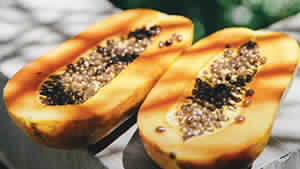
This phytonutrient can be found in bright red and orange pigmented produce, like tomatoes, watermelon, papaya, or red peppers. An interesting fact: Lycopene has a much higher bioavailability in cooked tomatoes than raw.
Add sautéed or roasted tomatoes to a whole grain pasta dish, or serve as a side.
Anthocyanins
This group of dark-blue pigmented produce belongs to the flavonoid antioxidant family.
Think blueberries, blackberries, elderberries, acai berries, purple grapes, and eggplant.
Hesperidin
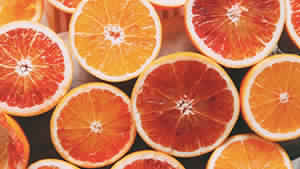
This is the antioxidant component found in many citrus fruits, like lemons, oranges, or grapefruits. Hesperidin has been shown to have cholesterol-lowering properties, plus it helps with the formation of vitamin C, which we all could benefit from in the winter weather.
It tends to be highest in the skins of these citrus fruits, so don’t be afraid to use lemon zest in your salad dressings, or even infuse with olive oil to make a natural lemon olive oil.
Spices
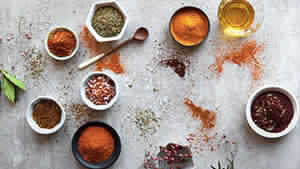
While spices are not a class of antioxidants themselves, they are certainly antioxidant superstars! Chances are you probably have some of these already lying around in your cabinet.
I’m talking cinnamon, turmeric, basil, and even mustard seed. Spices can add a ton of flavor to any dish, soup, or smoothie. It’s time to put these guys to use at every opportunity you have!




